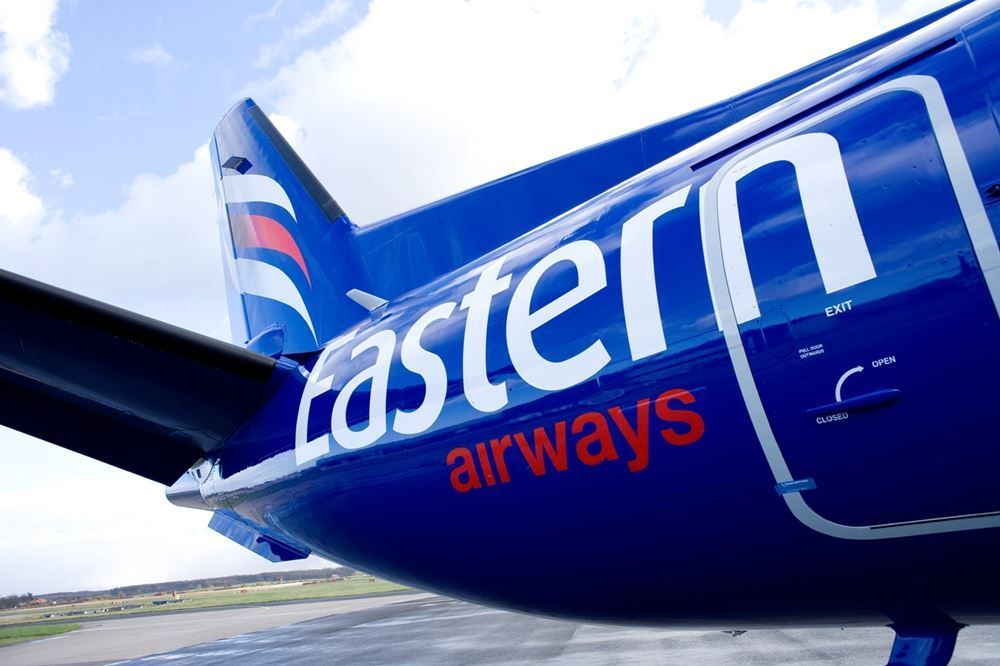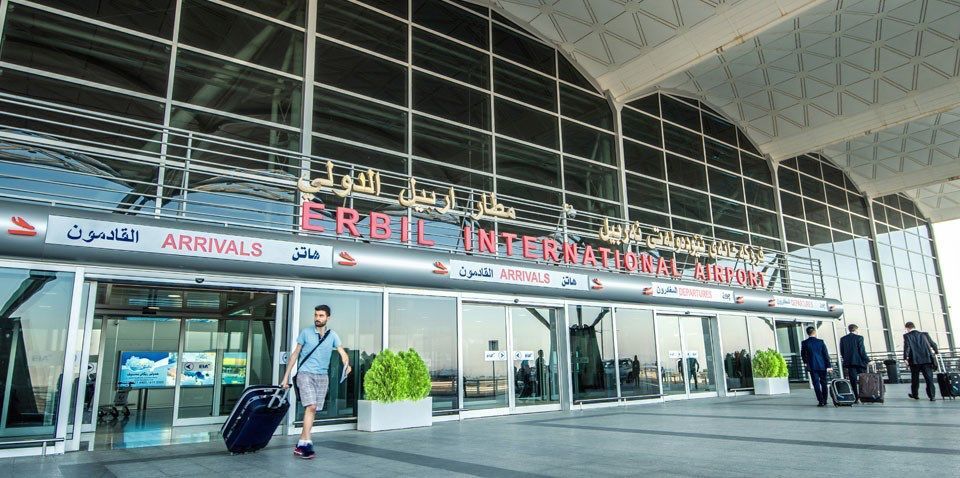From seamless online bookings to personalized in-room smart device integrations, the industry has seen an unprecedented integration of digital solutions to enhance guest satisfaction and streamline operations.
FTNnews.com had the opportunity to delve into these advancements with Mr. Nadav Avni, Chief Marketing Officer (CMO) at Radix, a company at the forefront of device management solutions.
With a focus on cloud-based platforms that manage endpoint smart devices, Radix has been pivotal in reducing operational complexities and elevating customer experiences in the hospitality sector.
In our exclusive interview, Avni sheds light on the transformative impact of technology in hospitality, the strategies for tackling digital security challenges, and the bright future of tech-enhanced hospitality services post-COVID.
FTNnews.com: Can you briefly introduce yourself and your company?
My name is Nadav Avni, in the last 5 years, I am leading the marketing efforts (CMO) at Radix, a device management solutions provider.
The company provides a cloud-based solution that enables organization to manage all their endpoint smart devices, related work processes and stakeholders in one easy-to-use management platform.
The platform is equipped with different modules catering to all management aspects in the device life cycle including app management, device configuration and settings management, remote support, monitoring and analysis (telemetry), OTA firmware management, etc.
Organizations using our platform to manage their endpoint smart devices increase administrative effectiveness, reduce operational complexity, save time and money, reduce customer churn and increase overall satisfaction.
FTNnews.com: In your opinion, how has technology transformed the hospitality industry in the past decade and which technological advancements do you believe have had the most significant impact on the industry?
Digital transformation impacted many aspects of the hospitality industry, let’s take as an example a hotel chain.
The hotel chain website is going hand in hand with an app installed on a personal mobile device, both are used for booking and modifying reservations, when the app is going one step further and allow you to check in/out, have ongoing communication with hotel staff before/during and after your stay, and sometimes serve as a digital key to the room.
If you skipped checking in to the hotel via the app, especially on large hotels self check in/out kiosk is available at the front desk.
When going up to your room, smart devices can be found in the room enabling you to control room elements like lights, curtains, air conditioning, etc., check and order different hotel services like room service or book tickets to attractions, and last but no least having a smart TV in the room with the option to connect to your favorite OTT apps and content, continue watching your favorite TV series, play games, exercise, listen to a podcast and to your favorite news channel.
The element of personalization enabled in these smart devices, give guests more of a home away from home feeling, being a lot away from home on business I can say first hand that this feeling is very important.
Having said all of that, there are many more examples like in restaurants: table booking apps, self service to order and pay app, takeout and delivery apps, no doubt digital transformation made the hospitality industry more efficient.
FTNnews.com: Can you share an example of a technological solution that has successfully addressed a major challenge in the hospitality sector?
One of the problems in hospitality is the queues to check in/out, order food, etc. Digital transformation made it easy and more efficient.
I already mentioned the hotel chain app used for check in/out, communicate with hotel staff, serve as a digital key to your room, check and order hotel services etc.
In restaurants, especially at fast food chains, point of sale will streamline the order and payment process.
All of the above can contribute to reduce queues, making the operation more efficient will translate to time and money saving and most important reduce customer churn.
FTNnews.com: Given the recent data breaches in the hospitality industry, what best practices would you advise businesses to implement in order to protect their guests’ digital information?
With an increased use of endpoint smart devices in hospitality and hospitality apps used on personal mobile devices, there is a higher cybersecurity risk.
For organization-owned devices a device management platform should be in place enabling to centrally and remotely keep devices healthy patched and tuned to their mission, e.g. a device management platform can make sure that when a guest check out from the room all of his login details and personal information are deleted from the smart tv before the next guest check in, and in case there is a need to update an app because of cybersecurity risk you can do it quickly, centrally and remotely.
In addition, have a team of cybersecurity experts at your service, choose your service providers carefully, only best of breed and make them your trusted advisors. Having your team trained on the cyber tools used can make the difference between cybersecurity breach and risk prevention.
When it comes to hospitality apps, constant monitoring and update accordingly, and when looking to access personal information use security mechanisms like two factor authentication.
FTNnews.com: Any final thoughts or insights you’d like to share with our readers about the exciting intersection of technology and hospitality?
The hospitality industry had to deal with many challenges in the last few years.
During COVID it was badly hurt, but since we reached the POST COVID era, growth has been exponential.
To prepare for that time and despite business challenges, there was an understanding that during the hard times of COVID that it is the ideal time to invest especially in digital transformation.
Today, we enjoy many of these investments in our hospitality experience and with current growth and technology advancement I am confident the experience will continue to elevate.













